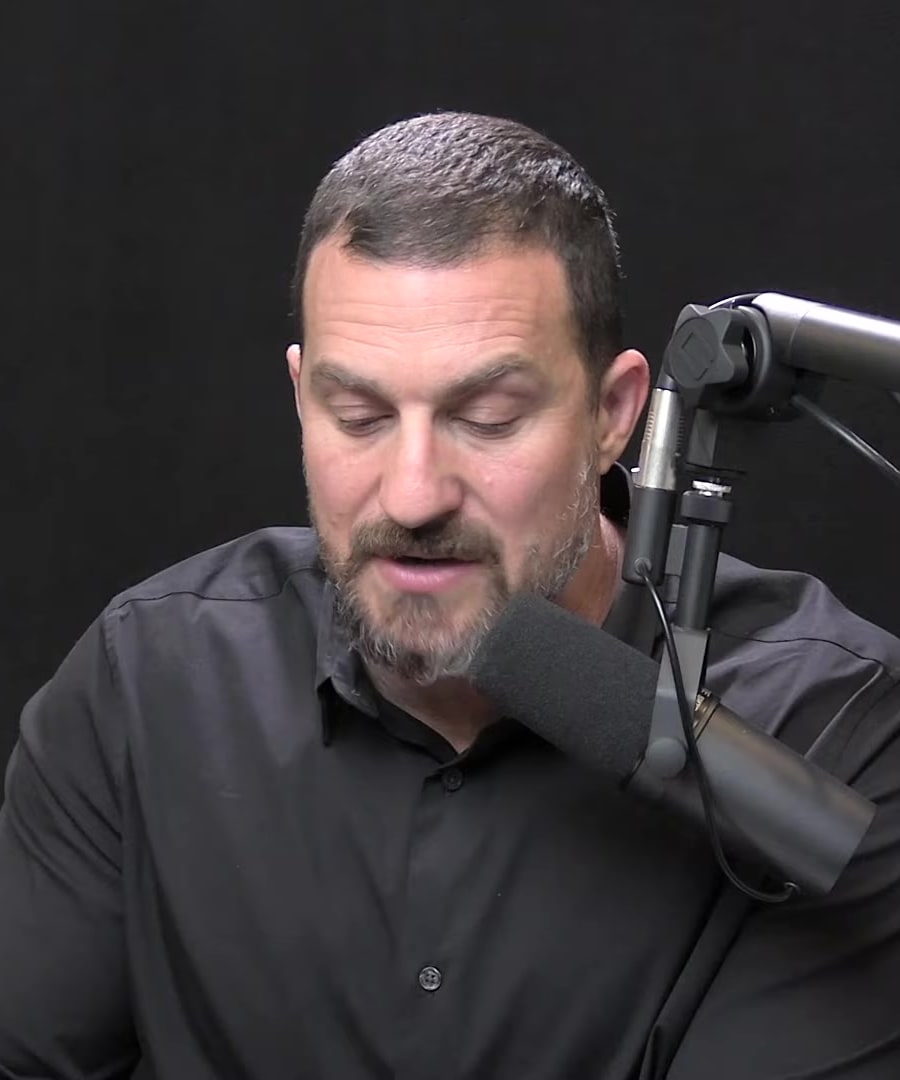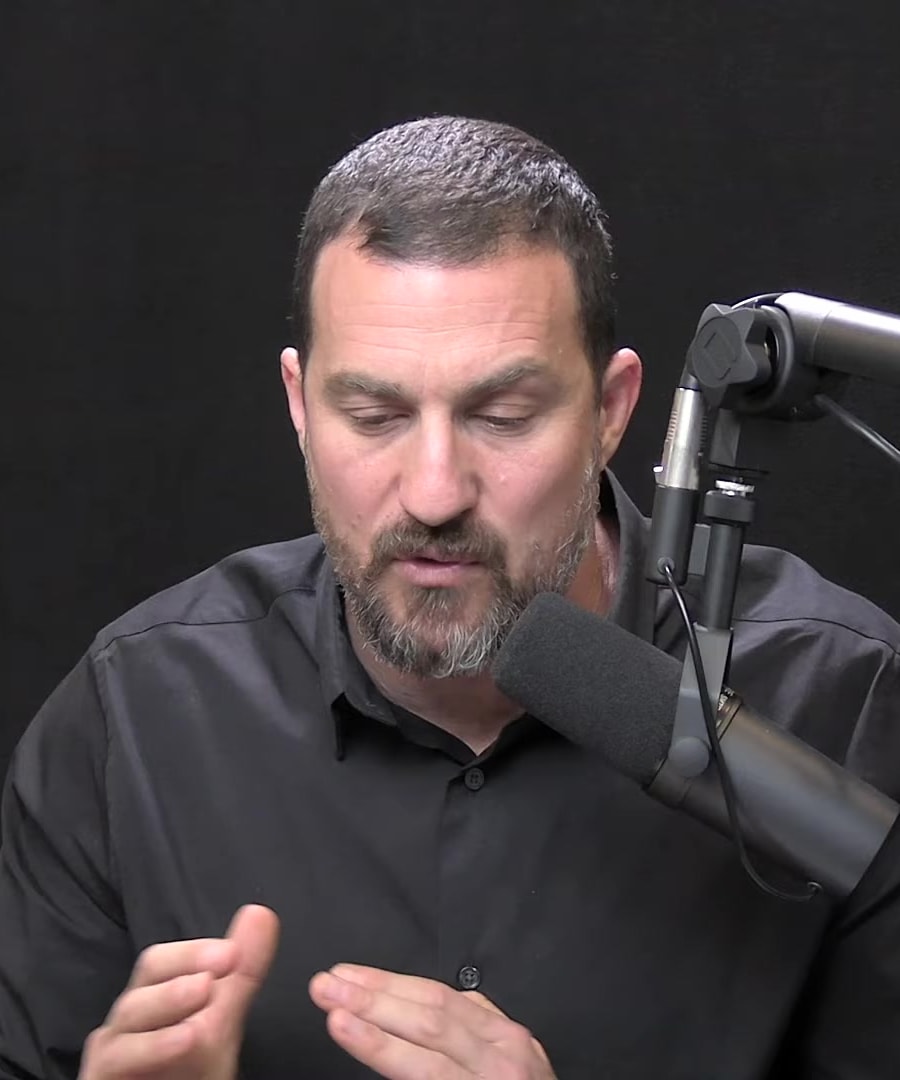Hello, I love your podcast and would like some assistance navigating to the topic of sleep, alertness, and light stimulation. I’ve always had a love hate relationship with sleep; often struggling with insomnia of some kind even as a young child. I’m very sensitive to insomnia. My current problem is getting back to sleep when I have to get up to take care of my infant. For example, I fell asleep putting my 2 year old to bed, woke up a couple hours later and went to my bed. I got my phone and set my alarm for 6am though I typically try to avoid any phone light at night. Sometimes unavoidable though. I lay down and within a few minutes my 6 month old wakes up. Since I’m ready awake I get up versus my husband who’s sleeping. I go to make a bottle (unfortunately my baby is being formula fed vs breastfeeding unlike with my first child). Normally I have prepped for nighttime feedings in advanced to avoid this but since I put my other child to bed I didn’t get to do so and I have to go all the way downstairs to the kitchen to get more formula to put in our instant bottle maker which is kept in our bathroom. A light was on downstairs so now not only is my cortisol rising by my baby crying harder as I’m delayed but now I have exposed myself to a greater about of light and movement, I have to turn on another light to open the formula and see what I’m doing and finally go in with my crying baby, give him a bottle and rock him back to sleep over the course of maybe 15-30 minutes. At this point since waking up in my toddlers bed I have now been up and out of bed multiple times, exposed to various types of light and high levels of cortisol and elevated heart rate from running down and up the stairs. It will now take me several hours to get back to sleep in the middle of the night. Crucial desperate and precious time I could be sleeping. But my brain is just too alert now. Is there an episode that touches on light exposure and cortisol level for parents with young children for nightly sleep? I’ve been prescribed a couple of different meds over the years (before having children and afterwards) but I hate how they make me feel either during the day or in the morning. I’m a morning person. It’s when I have the most energy and am the most productive. I’d choose sleep deprivation (3-5 hours of significantly interrupted sleep) over being in such a bad mood in the morning that I’m actually angry from taking sleeping meds. Looking for tools to help with sleep when I encounter some inevitable sleep disturbing hurdles like the situation I described above that happens often. Hopefully you have an episode that touches on this already. Your work has improved my life. Side note, my dad also loves your work who is head of the health and science department at UCSB. Thank you so much! -Daschia Lawrence

